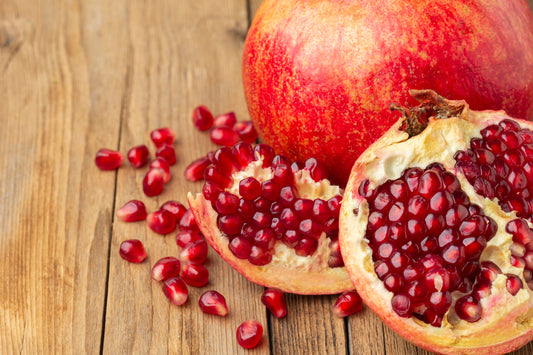Managing hypertension is crucial, as it is a common medical condition that affects millions of people worldwide.
Definition of Hypertension
Hypertension occurs when the blood pressure in the arteries is persistently high, exerting excessive force against the arteriolar walls. Blood pressure is measured in millimeters of mercury (mmHg) and is given by two numbers: the first is the systolic pressure, the second is the diastolic pressure. Blood pressure values higher than 140/90 mmHg generally correlate with hypertensive states.
Classification of Hypertension
- Primary (essential) hypertension: represents 90-95% of cases of hypertension, has no clearly identifiable etiological cause. However, it is recognized that a combination of environmental and genetic factors contribute to the onset and progression of the disease.
-
Secondary hypertension: only a small percentage (5-10%) of hypertension cases are secondary, that is, the consequence of pathologies of the endocrine or renal system or linked to the use of certain drugs.
Diagnosis of Hypertension
Diagnosing hypertension requires measuring it on multiple occasions to confirm persistently high values. It is usually diagnosed when these values are consistently above 140/90 mmHg. Additional tests, such as urinalysis, blood tests, and echocardiograms, may be performed to identify possible causes and assess organ damage.
Risk Factors
Obesity
Excess body weight can significantly increase blood pressure.
Smoking
Smoking accelerates the deterioration of the arteries, promoting chronic hypertension. In addition, nicotine can temporarily alter the control of blood pressure by stimulating the release of hormones such as epinephrine, adrenaline and vasopressin.
High sodium intake
Excessive salt consumption has been linked to high blood pressure.
Physical inactivity
Lack of exercise contributes to weight gain and can increase your heart rate and blood pressure.
Excessive alcohol consumption
Excessive alcohol consumption is linked to elevated blood pressure because it can cause vasoconstriction, interfere with kidney function, contribute to weight gain, and reduce the effectiveness of antihypertensive medications.
Stress
Chronic stress can increase blood pressure by activating the sympathetic nervous system, which releases hormones that promote vasoconstriction. It can also lead to unhealthy behaviors such as poor eating habits and substance abuse, which further worsen blood pressure.
Age
As we age, blood pressure tends to increase due to stiffening and loss of elasticity of the arteries.
Medical conditions
Conditions such as diabetes, kidney disease, and sleep apnea are linked to an increased risk of high blood pressure.
Complications and consequences
- Cardiovascular diseases: High blood pressure can lead to stiffening of the arteries, resulting in heart attacks and heart failure.
- Stroke: High blood pressure can cause blood vessels in the brain to become blocked or even rupture.
- Kidney Diseases: Hypertension can cause damage to kidney tissues, including capillaries, glomeruli, renal tubules, and interstitial tissues.
- Loss of vision: High blood pressure can weaken or damage small blood vessels in the retina, leading to gradual vision loss.
- Cognitive decline: High blood pressure is linked to decreased cognitive function, which can lead to dementia.
Management and treatment
Managing high blood pressure usually requires a combination of lifestyle changes and drug treatments. Lifestyle changes may include:
- Maintain a healthy weight: Even a small weight loss can help control blood pressure.
- Regular physical activity : Moderate-intensity physical activity can help lower blood pressure.
-
Balanced diet: A diet rich in fruits, vegetables, whole grains and low in saturated fat and cholesterol can help control blood pressure.
-
Reduce sodium intake : Restricting salt in your diet can help lower blood pressure.
-
Limit alcohol consumption: Drinking alcohol in moderation, if you can't cut it out completely, can help lower your blood pressure.
-
Adequate sleep: Getting enough sleep every night can help keep your blood pressure under control.
Medications, often used when lifestyle changes are not enough, must be prescribed by a doctor and customized to the individual's needs.



